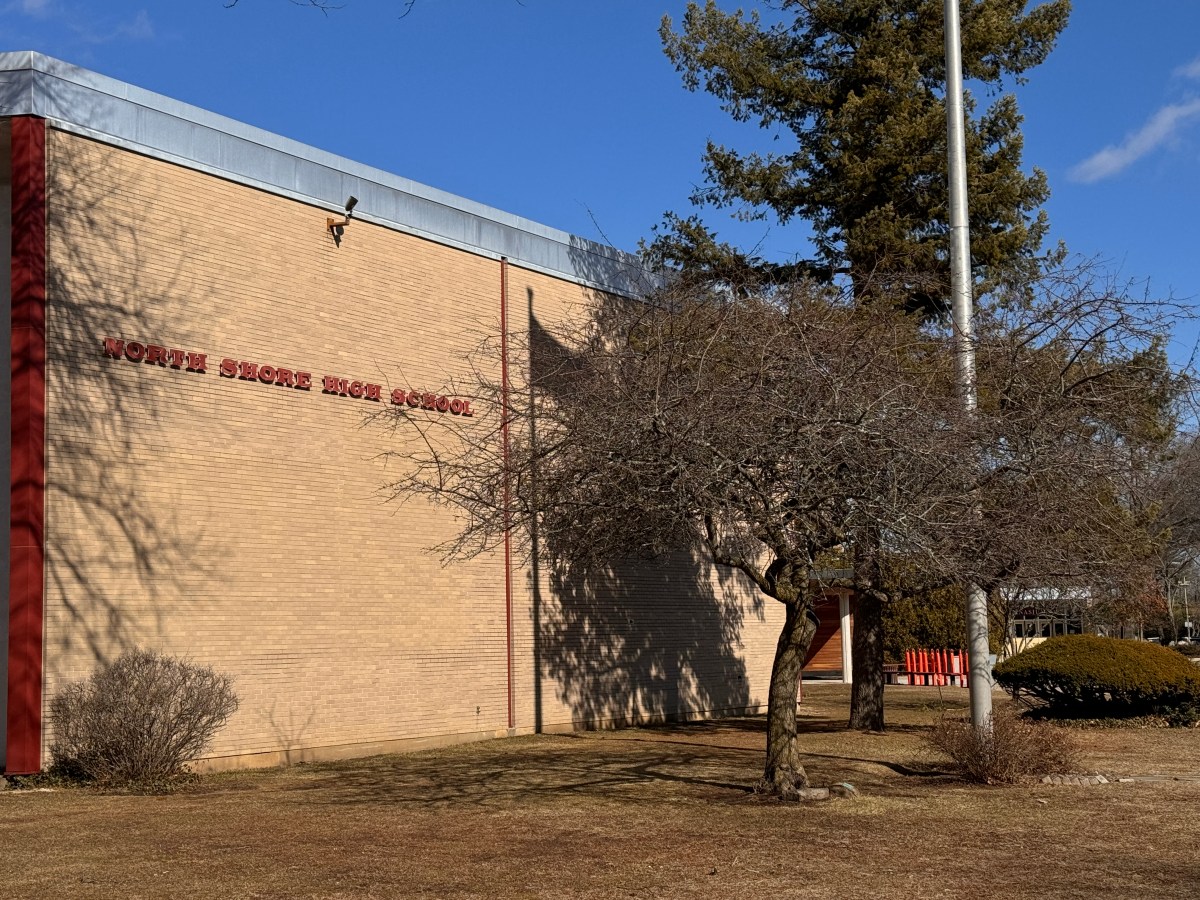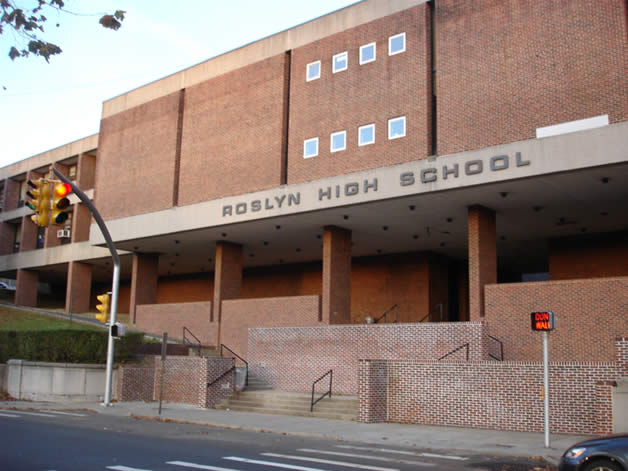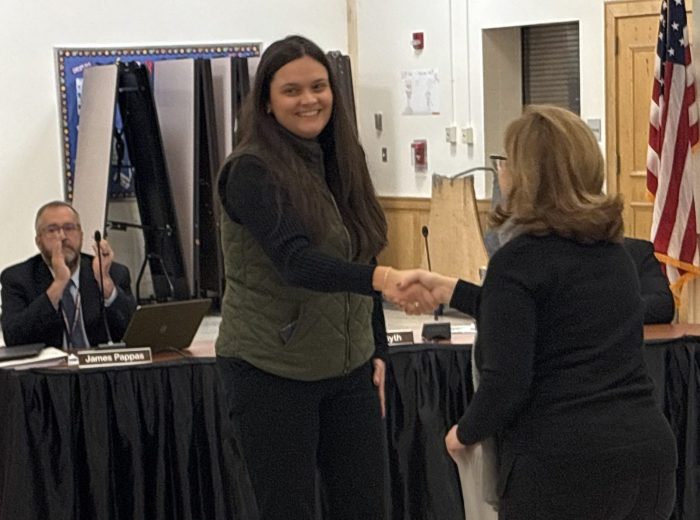The North Shore Board of Education has adopted its $125 million budget for the 2025-2026 school year, which will be decided upon by voters in an election on May 20. After adopting the budget, Superintendent Christopher Zublionis presented a state of the district’s technology challenges and areas for improvement during the board’s regular meeting on April 22.
The $125 million budget is approximately $3 million, or 2.4% higher than the budget for the 2024-2025 school year. In previous budget presentations, the district also stated that the tax levy for residents would increase by just under 3%, which is below the roughly 3.2% tax levy limit.
Based on a calculation by Schneps Media LI using school district enrollment data, if approved by voters on May 20, the North Shore School District is expected to spend around $47,000 per student in the upcoming school year.
North Shore Board of Education President Andrea Macari said the upcoming school year’s budget is the 11th lowest budget-to-budget increase in the district’s 59 years.
“I really want to emphasize that this is in the context where we have inflationary pressures looming large, so thank you to all of our central office administrators, thank you to all of the stakeholders who have come out to meetings to contribute to craft this budget,” she said.
In previous budget presentations, Zublionis said the district’s revenues are stable for the time being. In the 2027-2028 school year, however, the district could face a tax revenue loss of more than $8 million due to the 2022 settlement between the county and LIPA Glendwood Landing.
If passed in May, the 2025-2026 budget would allocate funding to implement a new elementary literacy curriculum and support capital projects, such as a new science research room.
After voting unanimously to adopt the 2025-2026 school year budget, Zublionis gave a presentation about the district’s technology pitfalls and areas for improvement.
Zublionis began the presentation by discussing how students’ free time continues to change as smartphones and social media dominate young people’s social lives.
A survey of over 600 students in the district also revealed that while approximately 77% of students used district-provided technology daily, only around 44% considered the technology very helpful, and 36% found it somewhat beneficial. The remaining 20% were either neutral or felt the technology was unhelpful.
Along with wanting to make the use of technology more impactful on students, Zublionis said the district has to create a plan for how to handle the use of artificial intelligence in learning, saying that any use of AI technology in class should be used for giving students feedback on their work rather than generating written content.
Zublionis also said the district will look into modifying its cell phone policies in the classroom and might consider phone lockups for high school students. The district will continue to work on its AI and cell phone policies throughout the spring and summer and will create a media literacy curriculum framework during the 2025-2026 school year with further guidelines on AI use in school.
The North Shore Board of Education was slated to hold a budget reading on Thursday, May 8, at the North Shore Middle School cafeteria at 7:45 p.m.. On May 20 from 7 a.m. to 10 p.m., voters will decide whether or not to pass the North Shore School District’s $125 million budget.
































